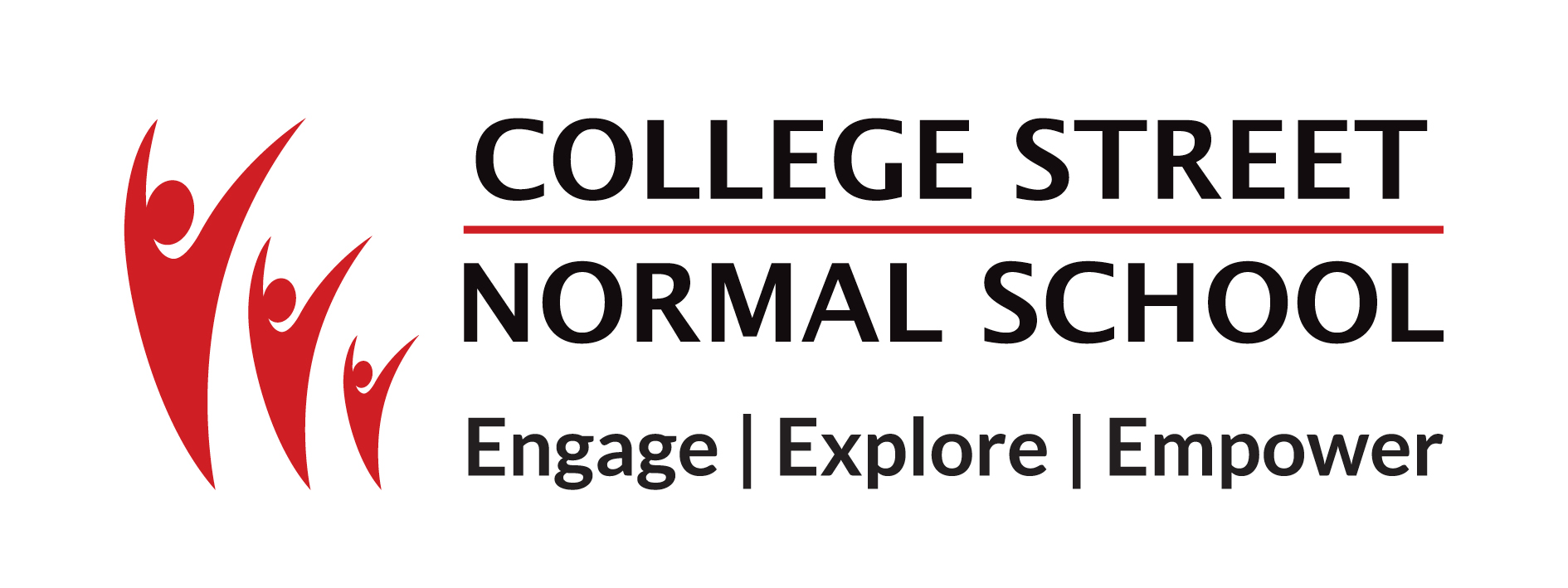What is student-centred learning?
Student-centred learning focuses on the student as an individual learner with their own particular strengths, interests and needs. The curriculum is tailored to meet these.
Does my child have their own desk?
Children are encouraged to choose the best place to learn, dependent on the learning (collaborative, independent, creative, focused).
In each space there is a range of seating options including:
Desks
Low Tables
Leaners
Beanbags
Cushions
Floor
Some children are still learning to consistently make the best choice for their learning and may have a learning space allocated to them.
Which teacher should I speak to when I need to communicate?
If your child has more than one teacher, you can speak to any of the teachers. The teachers in our collaborative spaces are continuously sharing information with each other.
A time might need to be arranged for a meeting, as we value face to face contact.
If you have any inquiries please contact the classroom teacher first, then the Syndicate Leader.
You can also email any of the teachers and if appropriate this information will be passed on to the other teachers in the space, please be considerate of timing and content.
How do children learn throughout the day?
One of our main goals is to personalise learning for all children, not having everyone doing the same thing at the same time.
Teachers in our spaces are:
Teaching a small group.
Teaching a flexible workshop.
Conferencing individuals.
Monitoring on-task learning and behaviour.
At times, children are arranged into larger groups, for example, art, swimming groups, sports groups.
Children may be together on the mat for the following purposes:
To launch a new learning focus.
To celebrate and share great learning.
To share notices/expectations and call the roll.
How do the teachers know what my child needs to learn next?
The New Zealand Curriculum is our guide for all teaching and learning.
At the beginning of the year, all children complete a range of assessments and teachers make their initial overall teacher judgement in the areas of reading, writing and maths.
This assessment information is used to set individual learning goals in these curriculum areas.
What are workshops and ability groups?
Workshops
Small groups of learners.
Planned for by the teacher based on children’s learning goals.
Compulsory for some and optional for others, depending on learning goals.
Offered more than once.
Attendance at workshops is tracked.
Normally run for 20 - 30 minutes.
Ability Groups
Every child is in a group based on their curriculum level, reading level, maths stage, or writing level.
All children in the group are working on the same goal.
Set time for group instruction.
Children move groups as required.
Normally run for 20 minutes.
Is there a quiet space?
In each of our spaces there is a quiet zone with expectations around noise level.
Ideally, we would like children to select the best place for their learning and the type of learning they are engaged in. For example, if they would like to collaborate on a learning task they should not be in the quiet space.
How will technology be used?
The integration of digital technology can have a transformative effect on learning. We believe in children being able to choose the right tool for the right learning.
Children will use devices to:
Craft their writing on Google Docs.
Support their learning across the curriculum, using websites such as Studyladder, Mathletics and Read Theory.
Communicate their learning in multiple and creative ways. For example, making an animation, graphic design, iMovie etc.
Find and analyse information on the internet for research tasks.
How do children transition to other schools when they leave College Street?
We believe that student-centred learning allows children to develop our College Street Learner Competencies and Values. These will help our children be successful and adaptable in learning and life. One of the advantages of collaborative teaching is that children are used to working with several teachers. Student-centred learning teaches children to question and to know what works for best for their learning. It helps children become effective self-managers.
There are a range of schools out there offering different approaches to learning.
What happens if my child is struggling in a particular learning area?
Teachers assess children on a daily basis and use a variety of strategies to achieve their learning goals. We also provide additional learning support for children in the following ways:
These currently include:
Reading Recovery (Junior Syndicate)
Early Intervention (Junior Syndicate)
Reading Support
Writing Support
Maths Support
Teacher Aide Support
English Language Learners Support

